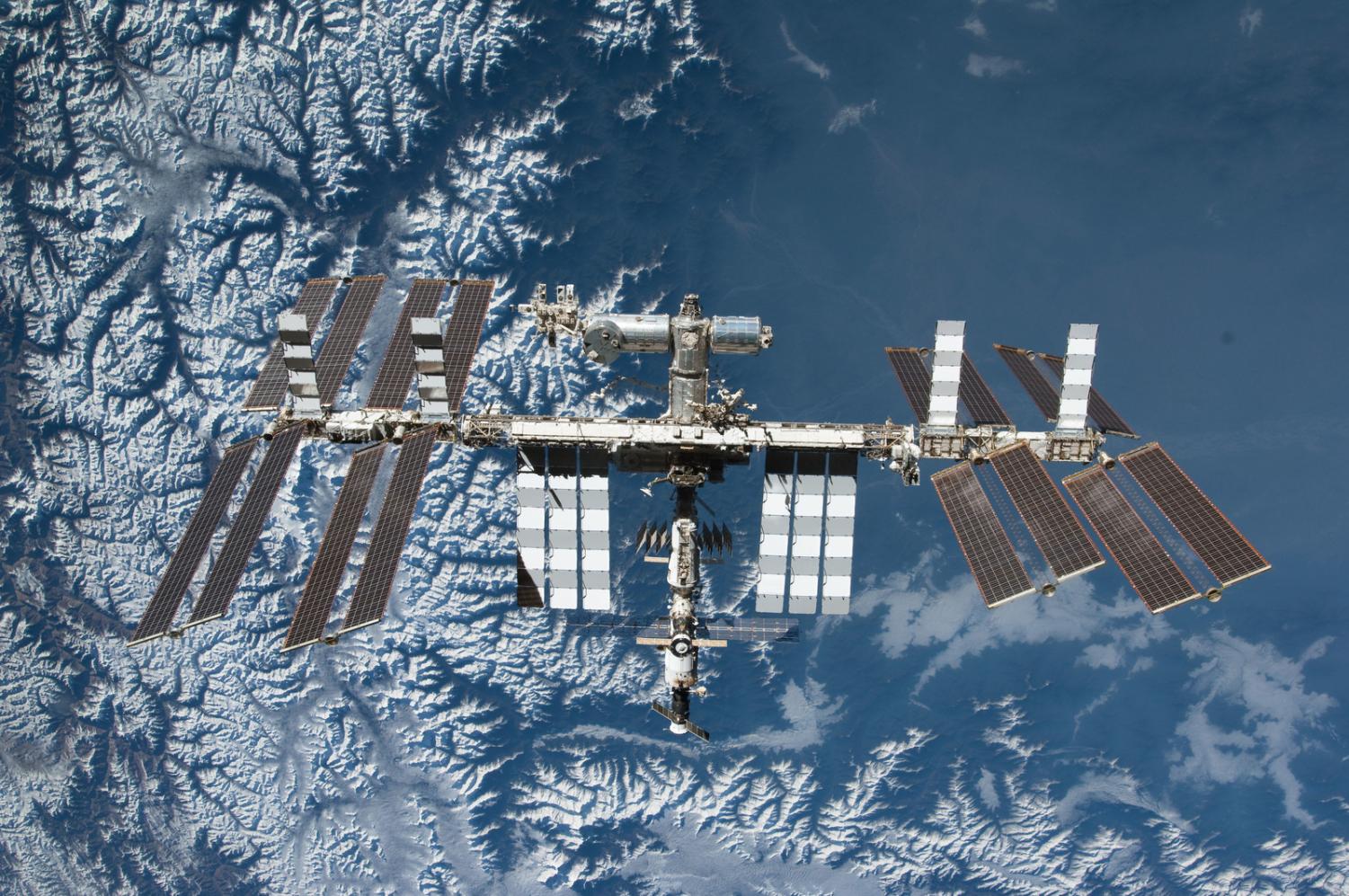

NASA is set to conclude the journey of the International Space Station. The agency has verified that the ISS will be retired and intentionally deorbited to Earth in 2030. This orbital facility, which has orbited our planet over 100,000 times, cannot stay in the sky indefinitely. Its framework is deteriorating, upkeep expenditures are escalating, and its orbit will, in due course, decay. Rather than permitting it to plummet uncontrollably through the atmosphere, NASA intends to execute a regulated deorbit to guarantee a secure and accurate final descent of the station.
The ISS has represented scientific advancement and global cooperation since the launch of its inaugural module in 1998. Some adults today weren’t even born when the initial scientists and astronauts entered the station in November 2000. The ISS has evolved into humanity’s long-term abode in outer space and a research facility where astronauts from various nations perform pioneering studies on a vast array of subjects, including medicine, physics, climate studies, and spacecraft technology. However, as NASA gazes toward the Moon, Mars, and beyond, the moment has arrived to bid farewell to this extraordinary outpost and pave the way for a new era of orbiting destinations.